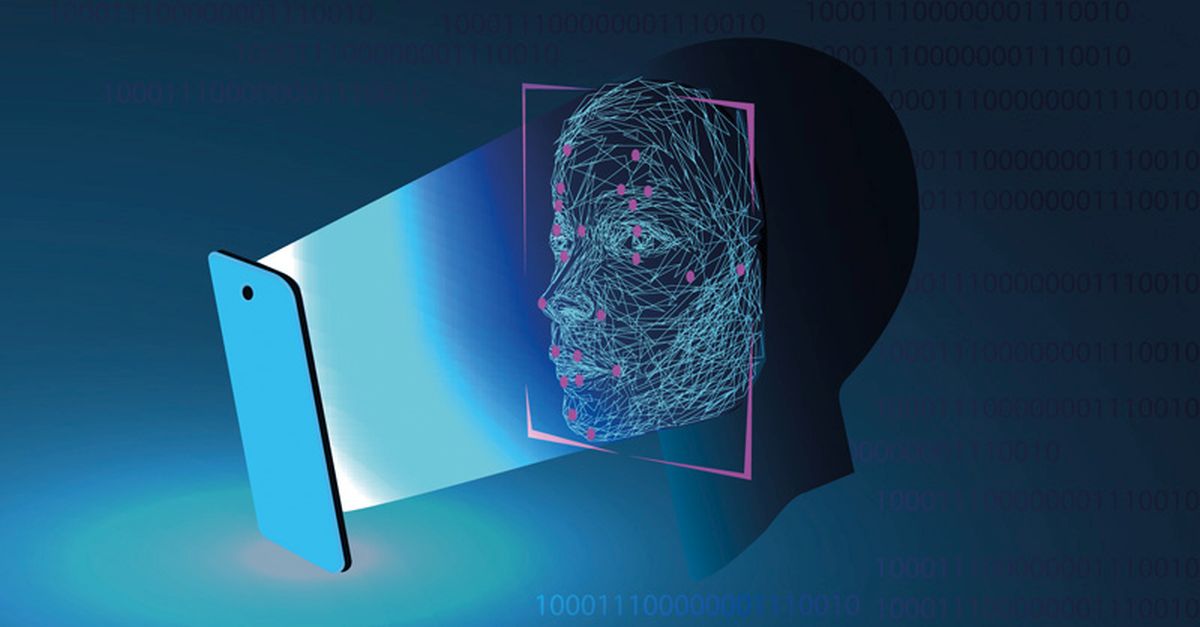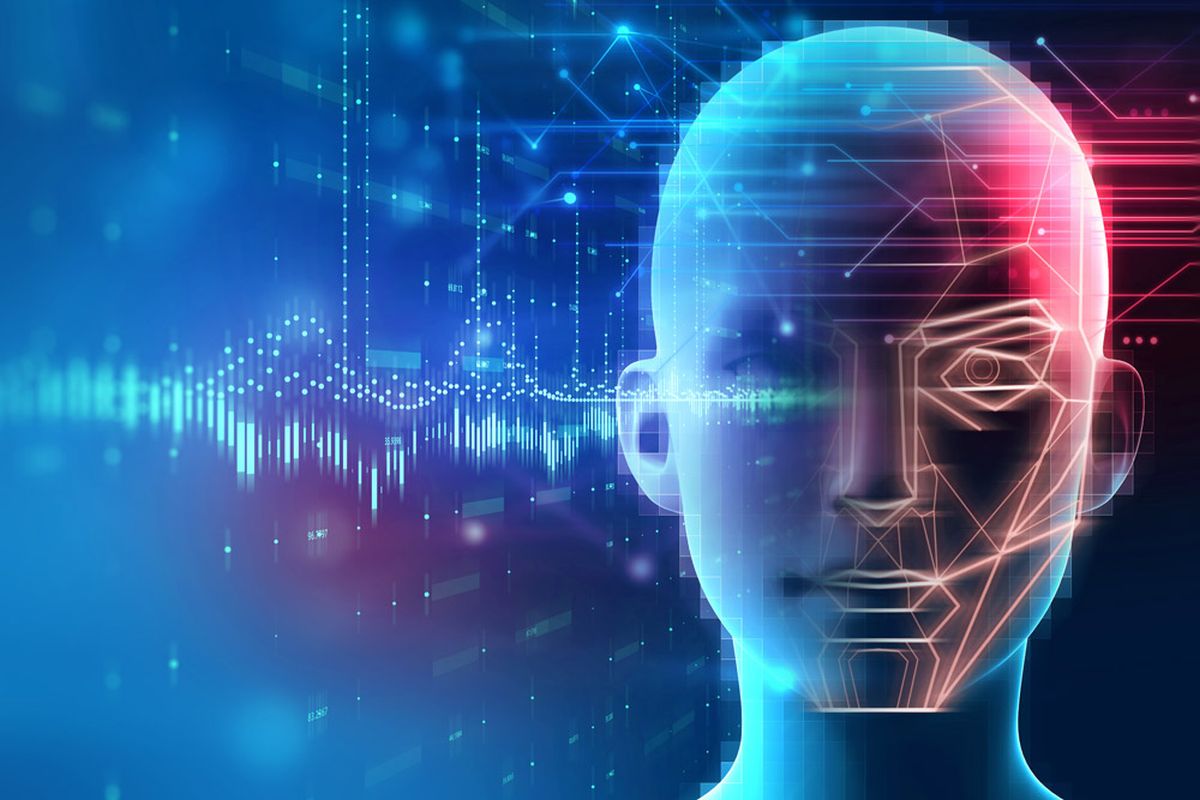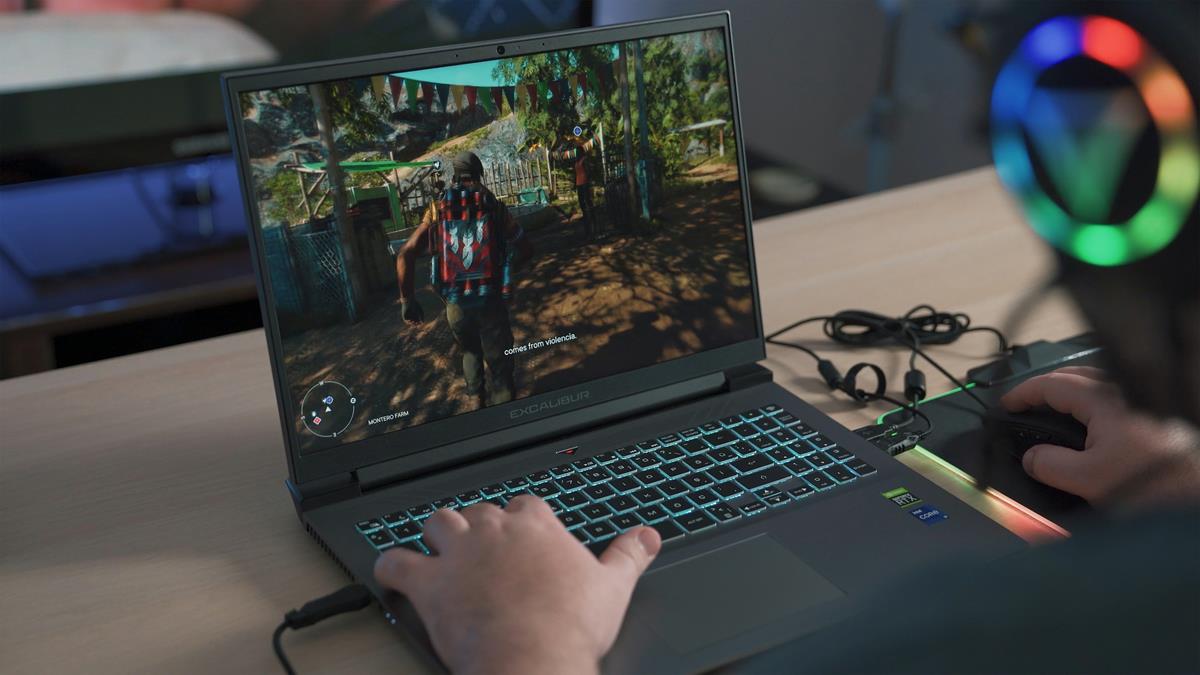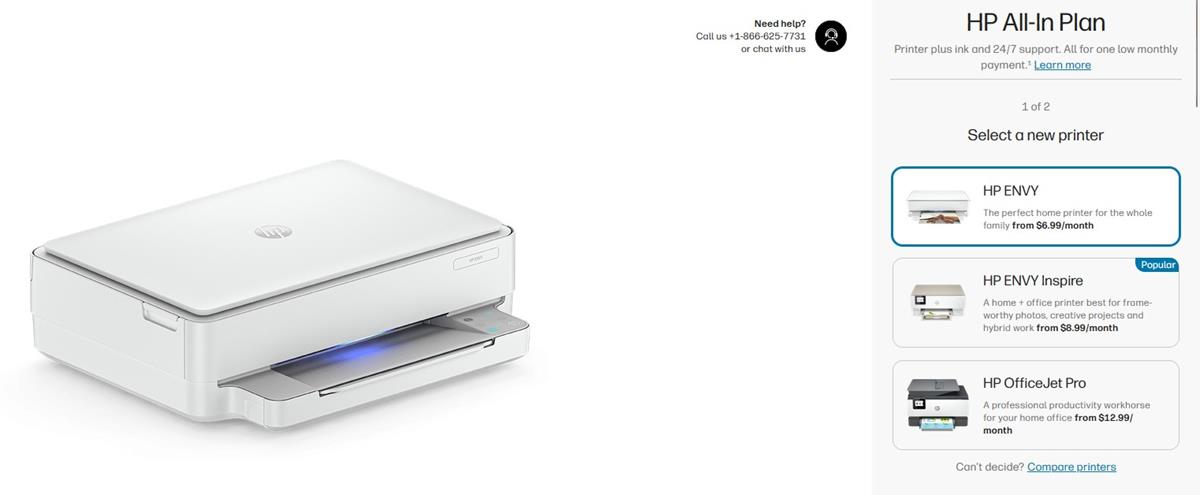Face Biometric Authentication: Pros and cons

Facial recognition is considered a trusted security measure as most tech giants rely on the technology, offering it as a feature in their devices. While it offers some advantages, there are also concerns about its potential negative impact on privacy and security. In this article, we will explore the advantages and disadvantages of facial recognition technology and its impact on society.
Facial recognition technologies have become very popular in recent years. It has been used in different areas, and the mass usage started with smartphone giants enabling your face as a security measure that counts as a password. It might be very easy to use, but it also has a dark side. The advantages and disadvantages of face biometric authentication can be listed separately, but let's start by explaining what it really is.

What is face biometric authentication?
Face biometric authentication, also known as facial recognition, is a type of biometric software that uses algorithms to analyze and match facial features to identify or verify a person's identity. The facial features include head and face ratio, etc. It uses data from cameras and other imaging devices to capture an image of a person's face and compares it to a database of images to find a match.
It can be used for various purposes, including security, law enforcement, and user authentication. Thanks to smartphones, user authentication covers a huge portion in today's world.
It has been used in different areas for many years now, but the majority met the technology after smartphone manufacturers added the feature. There are billions of smartphones in the world, and a considerable percentage of them have facial recognition technology. At first, it started as a premium feature, but now you can find it in mid-range smartphones on top of the fingerprint sensors.
Related: Facebook implements new facial recognition system
How does facial recognition work?
There are three steps for the face biometric authentication software to determine a person's face: detection, analysis, and recognition. First, the software detects the face. For smartphones, think of it as you turn your face to your screen, and in the first second, it tries to detect your face. For example, Facebook can detect people's faces on photos and suggests tagging the person if they have a Facebook account. In this case, the software can detect more than one face.
Secondly, it analysis the face by measuring a couple of metrics, like the distance between the eyes or the cheekbones' shape. Lastly, it matches the face after measuring all the data and gives authentication.

Advantages
It is considered one of the most secure authentication methods. Apart from mass usage, it can also be used to protect businesses against theft. If you are a business owner who is a victim of shoplifting, the police will use this technology to identify the shoplifter. It is a fast and accurate solution to help identify or match a face It is also used in banks and airports by companies and governments because of its accuracy and speed.
Billions of people use their faces as a password for their smartphones, and it is currently one of the most-used methods.
Disadvantages
Just like any other software, there is a chance that face biometric authentication can be fooled. Despite giving accurate results in the right hands, relying on images makes it vulnerable to attacks. However, companies have developed technologies, and it is very hard to trick the software compared to recent years. Back to the shoplifting example, not all cameras have 4K quality, so sometimes it might be hard for software to detect faces if the quality is very low.
On the other hand, apps or services like Facebook being able to detect your face is a little scary. Personal data is private, and in the wrong hands, facial recognition can become a nightmare.
Related: 9 Tips to Protect Your Mobile Data Security from Hackers
Advertisement




















“On the other hand, apps or services like Facebook being able to detect your face is a little scary. Personal data is private, and in the wrong hands, facial recognition can become a nightmare.”
Said differently, facial recognition is the password you cannot change, like all biometric identification ; it is attached to your true identity, which is not necessarily a property you always wish for a password. Biometric identification should be opt in for that reason, and it’s not a light matter, it’s about basic rights.
“If you are a business owner who is a victim of shoplifting, the police will use this technology to identify the shoplifter.”
This has nothing to do with using face recognition as a password here, you should not confuse those uses when comparing benefits and disadvantages. Having cameras everywhere (that additionally are linked to the police) and are in addition to that running face recognition software has much, much more content in the “disadvantages” category than in the “Advantages” one, but it’s a different problem.
There are no pros to surveillance technologies.
Never giving my phone or my laptop access to my face or my thumbprint, sorry. It’s just too extreme. These are things I cannot change about myself and I value my privacy.
If someone makes a fake plastic face, will it pass the required authentication? :S